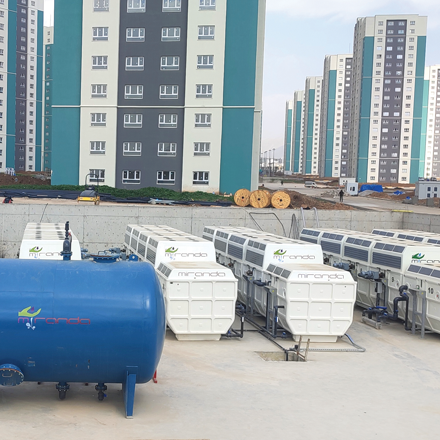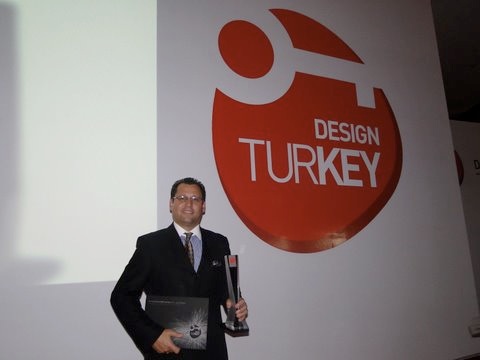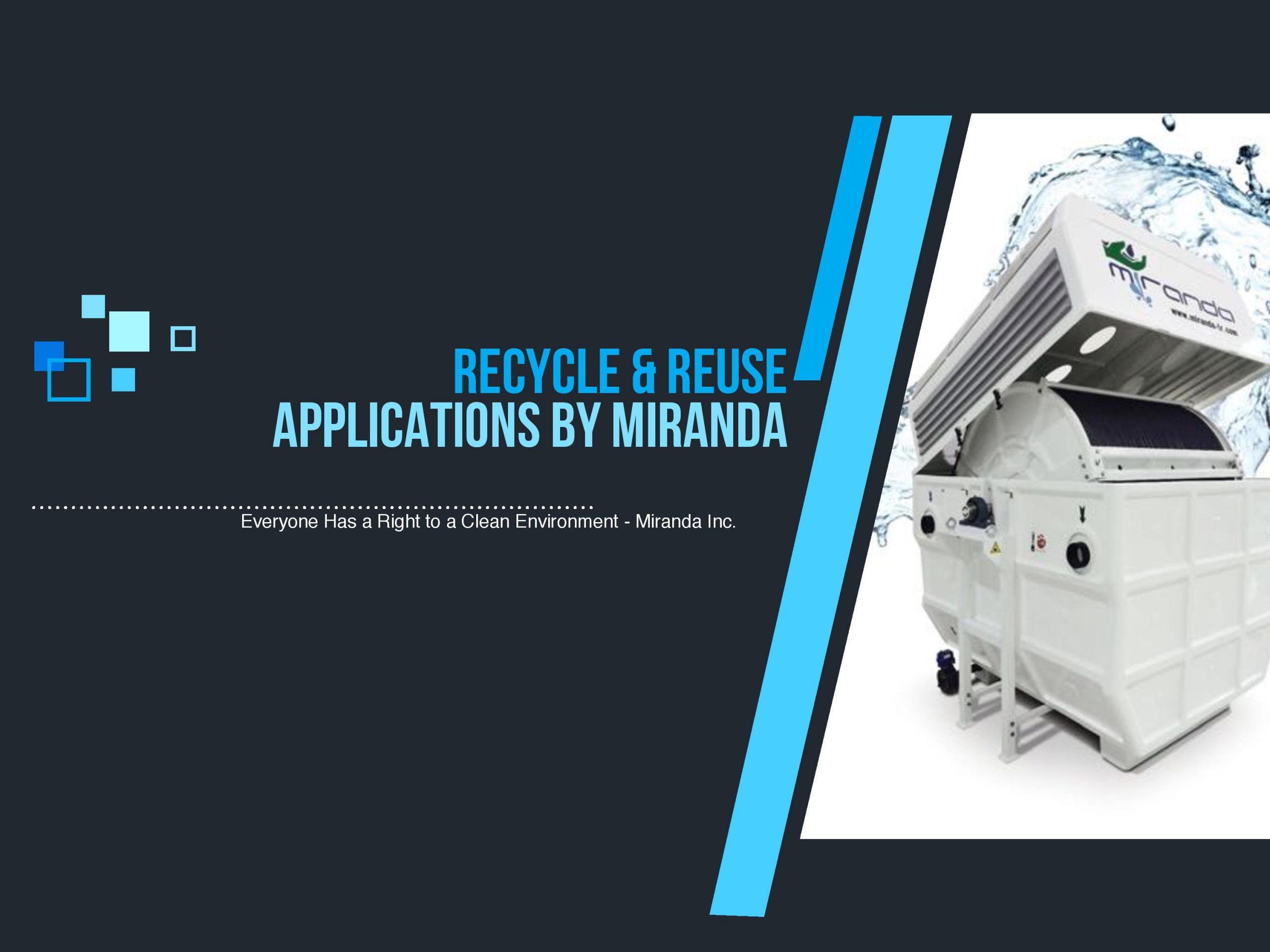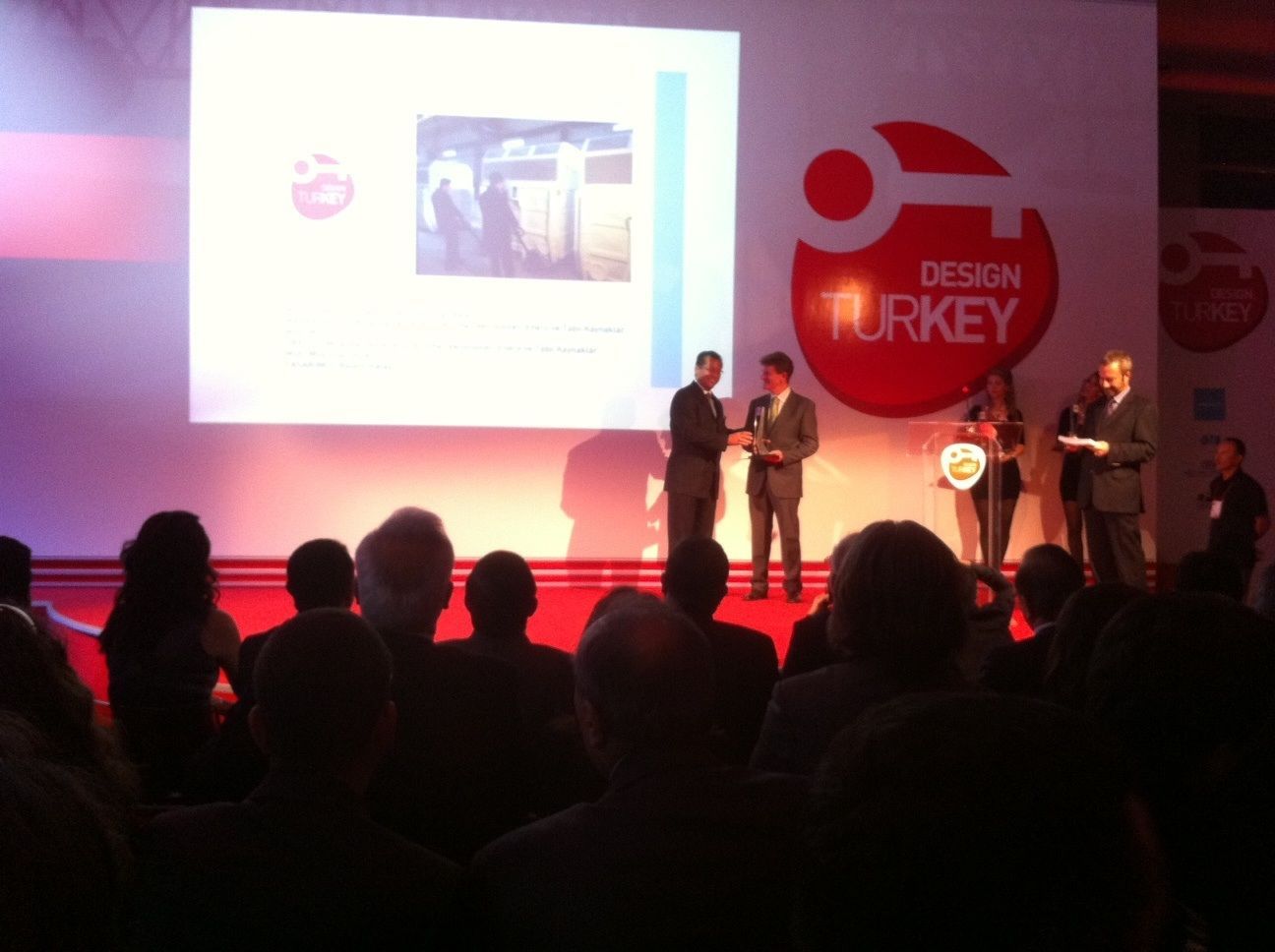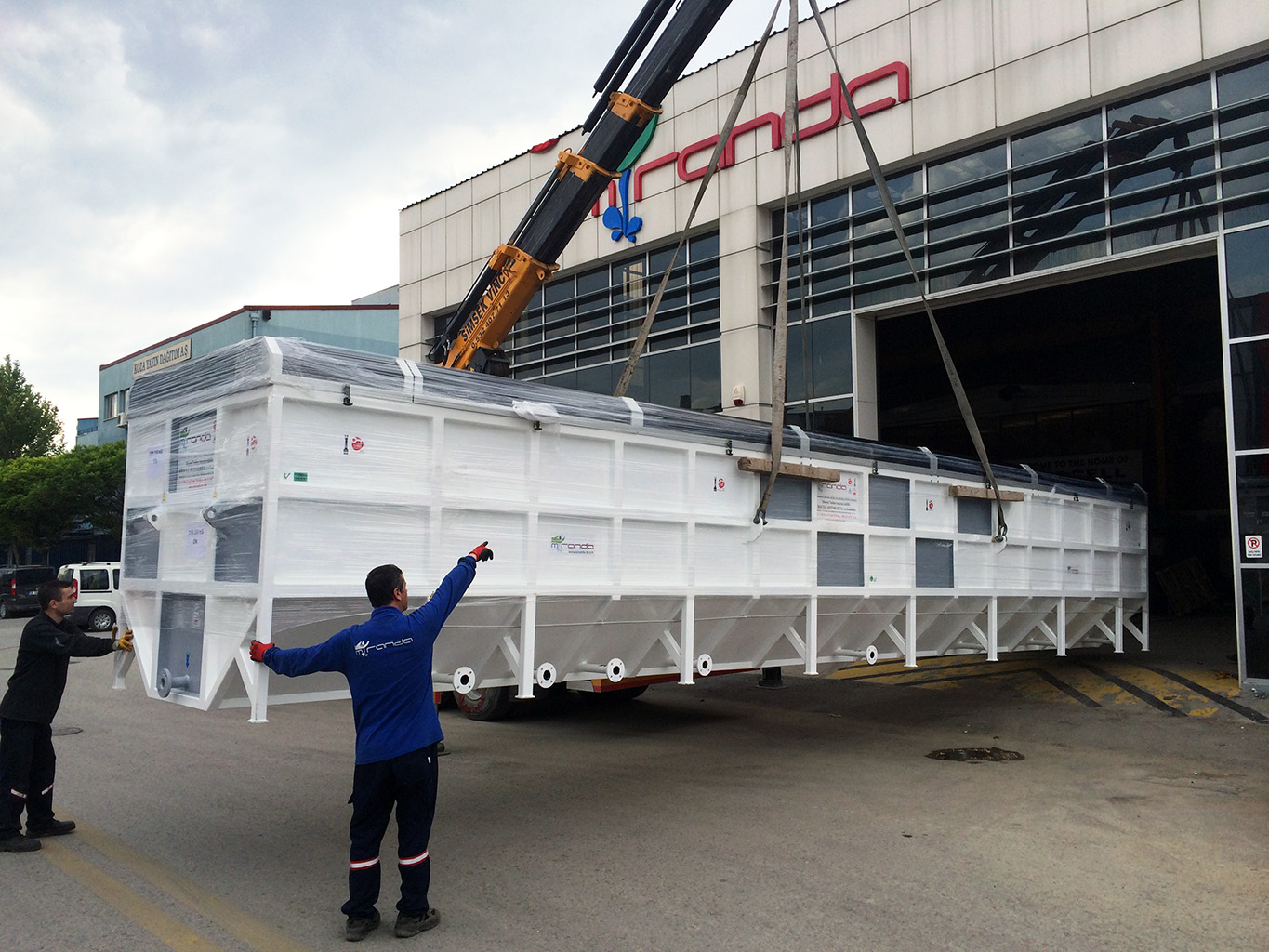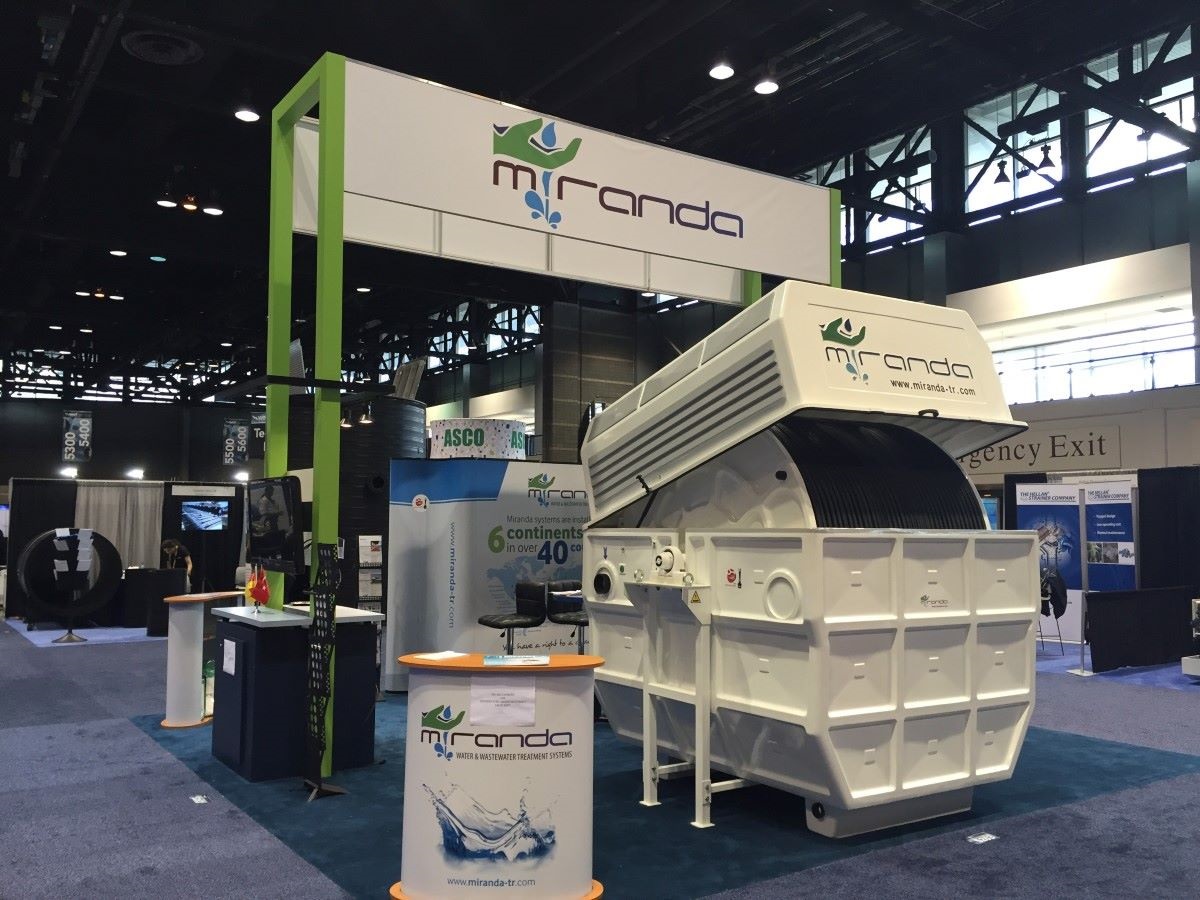By John Gillis, Chair: Miranda Technology Advisory Committee
Executive Summary:
Municipal wastewater treatment stands as a linchpin in safeguarding public health and environmental integrity. With a burgeoning focus on curbing operational costs and ecological impact, this paper delves into the energy efficiency of Rotating Bio-Contactors (RBC) pioneered by Miranda Water Technologies, juxtaposing them against conventional municipal wastewater treatment plants. By meticulously scrutinizing operational paradigms, resource utilization, and overarching environmental implications, this comprehensive study aims to elucidate the multifaceted advantages offered by Miranda’s RBC systems in terms of energy efficiency.
Introduction:
Traditional municipal wastewater treatment plants rely heavily on energy-intensive processes such as aeration and pumping. In stark contrast, Miranda’s RBC systems represent an avant-garde technological paradigm that harnesses the principles of biofilm formation to bolster treatment efficacy. The rotational motion of discs or media within the RBC engenders heightened interaction between microorganisms and wastewater, thereby promoting effective biological treatment processes.
Operational Efficiency:
At the core of the energy efficiency of Miranda’s RBC systems lies their meticulously engineered operational design. Our systems typically demand lower energy inputs for mixing and aeration when juxtaposed with traditional activated sludge systems. For instance, our proprietary Miracell® system, developed through relentless R&D endeavors, epitomizes a fully automated wastewater treatment solution tailored specifically for domestic wastewater treatment applications, catering to capacities ranging from 200 individuals to 30,000.
The dynamic environment fostered by the rotational discs facilitates the attachment and proliferation of microorganisms, thereby fostering efficient organic matter degradation. The discs’ rotational motion ensures continuous exposure of microorganisms to wastewater, maximizing treatment efficiency while minimizing energy consumption.
Reduced Sludge Production:
An instrumental advantage of the Miracell® systems lies in their inherent ability to minimize sludge production. Traditional treatment plants often yield substantial sludge volumes, necessitating energy-intensive processes for handling and disposal. By encouraging the development of microbial biofilms, the Miracell® system engenders a more stable and resilient biomass, thereby curtailing excess sludge generation.
The biofilm formation on the rotating discs promotes the growth of bacteria that efficiently break down organic matter, resulting in less sludge production compared to conventional treatment methods. This not only reduces the energy required for sludge management but also minimizes the environmental impact associated with sludge disposal.
Footprint and Infrastructure:
Miranda’s systems typically boast a diminished footprint compared to conventional treatment plants. The concomitant reduction in infrastructure requisites contributes to diminished construction and maintenance expenditures, thereby fostering overarching energy savings. Additionally, the compact design of our Miracell® system lends itself to decentralized wastewater treatment, thereby further mitigating energy consumption associated with protracted wastewater transportation.
The compact design of the Miracell® system not only saves space but also reduces the energy required for construction and maintenance. Furthermore, decentralized wastewater treatment reduces the energy expended in transporting wastewater to centralized treatment facilities, making the overall process more energy-efficient and cost-effective.
| Advanced studies conducted by Energy Star underscore the energy requisites of traditional municipal wastewater treatment plants in the United States. While the most energy-intensive plants may utilize nine times the energy of the most efficient, Miranda’s Miracell® operating costs are significantly lower, due to its unique design. |
Flexibility and Adaptability:
Miranda’s Miracell® systems are renowned for their adaptability to fluctuating flow rates and organic loads. This inherent flexibility ensures efficient treatment even amidst varying wastewater characteristics. In contrast, traditional treatment plants may encounter challenges in maintaining optimal performance under fluctuating conditions, necessitating additional energy inputs for calibration.
The ability of Miracell® systems to adapt to changing conditions reduces the need for energy-intensive adjustments, leading to more stable and efficient operation. This adaptability not only saves energy but also enhances overall treatment performance, resulting in better water quality outcomes.
Life Cycle Analysis:
Conducting a comprehensive life cycle analysis is imperative for gauging the overall energy efficiency between Miranda’s Miracell® systems and conventional treatment plants. Factors including construction materials, operational energy consumption, maintenance requisites, and by-product disposal necessitate consideration for a holistic environmental assessment.
Life cycle analysis allows for a thorough evaluation of the environmental impact of wastewater treatment technologies, taking into account all stages of the system’s life, from manufacturing to operation and disposal. By assessing energy consumption and environmental impacts across the entire life cycle, stakeholders can make informed decisions regarding the adoption of wastewater treatment technologies.
Conclusion:
In summation, the remarkable energy efficiency of Miranda’s Miracell® systems in small-scale municipal wastewater treatment emanates from minimal energy usage, reduced sludge production, smaller footprints, and adaptability to varying conditions. As society endeavors toward sustainable water management solutions, widespread adoption of Miranda’s Miracell® technology stands poised to revolutionize wastewater treatment with its energy-efficient and eco-conscious approach.
In conclusion, Miranda’s RBC systems offer a compelling alternative to traditional wastewater treatment methods, with significant energy savings and environmental benefits. Through innovative design and technology, Miranda Water Technologies is driving forward the paradigm of energy-efficient wastewater treatment, paving the way for a more sustainable future.


